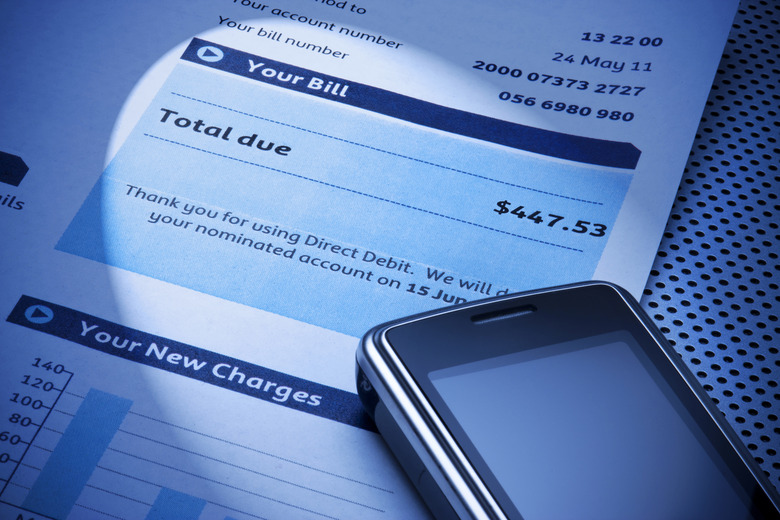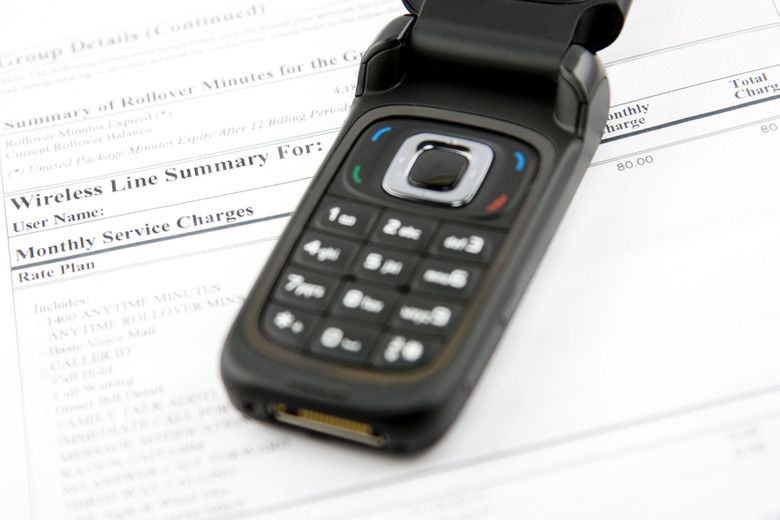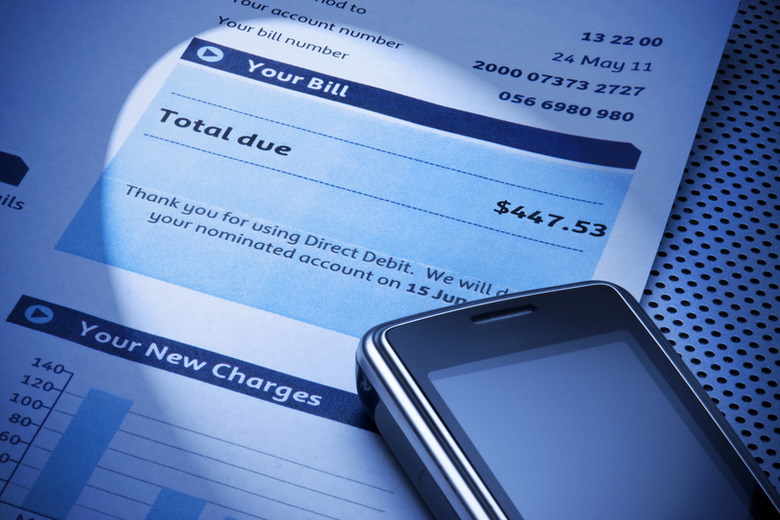Hidden Cell Phone Charges And How To Avoid Them Gallery
If you're not paying attention to the fine print on your phone bill, you need to be. Instead of moaning over the cost, you should be combing through your charges because it could save you money. We've tracked down seven ways your mobile carrier may be ripping you off without you even realizing it.
Some charges are necessary evils, but that doesn't mean you can't find a provider who will charge you less for the same thing. It may be time to pay attention to your bill, know what you signed up for with your phone plan, and get the heck out of that two-year contract if you can — because it is costing you extra cash.
No, it wasn't your daughter Becky texting everyone from homeroom about her new shoes. It was your provider, billing you for something you didn't even sign up for. Your recent decision to move to LA may be what caused that extra $8 charge. However, sometimes even if you're looking, you won't find it on your bill. That's why you should check out The Daily Meal's hidden cell phone charges and how to avoid them.
Administrative Charge
Although you can't avoid administrative charges, you can choose a carrier who charges you less. You'll find these listed on your bill after calling someone from a different network. They also frequently change price-wise.
City Taxes and Fees
If you live in a populous city, your bill could be higher than if you lived in, say, Nowhere, Ohio. Different cities and counties add taxes that increase your bill on both landline and wireless services. The best way to avoid this is to move.
‘Cramming’ Fees
To avoid "cramming" fees — unauthorized fees your network may try to cram into your bill — you need to know what plan you signed up for. That way when you check your bill, if you see that you're being charged for something not included in your plan, you can call your provider and have it corrected.
Regulatory Charge
Regulatory charges are actually surcharges that depend on your carrier. Brands like T-Mobile will bill you for these to cover fees on local number portability, government programs, and delivery of calls. The best way to know if you're being billed for this is to check your telephone bill or call your provider.
State Taxes
If you've recently moved, you need to check with your carrier to ensure that they've updated your bill. No matter where you've moved to, you could be getting taxed incorrectly and losing money.
State Telecommunications Excise Surcharge
Location, location, location. You could be paying too much depending on where you live. According to Time, customers in New York state pay an average of around 24 percent in federal, state, and local taxes on wireless bills! Time to move.
Universal Service Fund Fee
The Universal Service Fund is a federal government program designed to promote universal access to telecommunications. It draws funding from fees assessed to phone carriers — and many of those carriers, including most of the largest ones, pass that on to their customers. You may be able to avoid this by going with a prepaid service provider, many of which absorb the cost instead of handing it off to you. Looking for ways to avoid other hidden charges? Check out the 17 ways restaurants trick you into spending more money.







